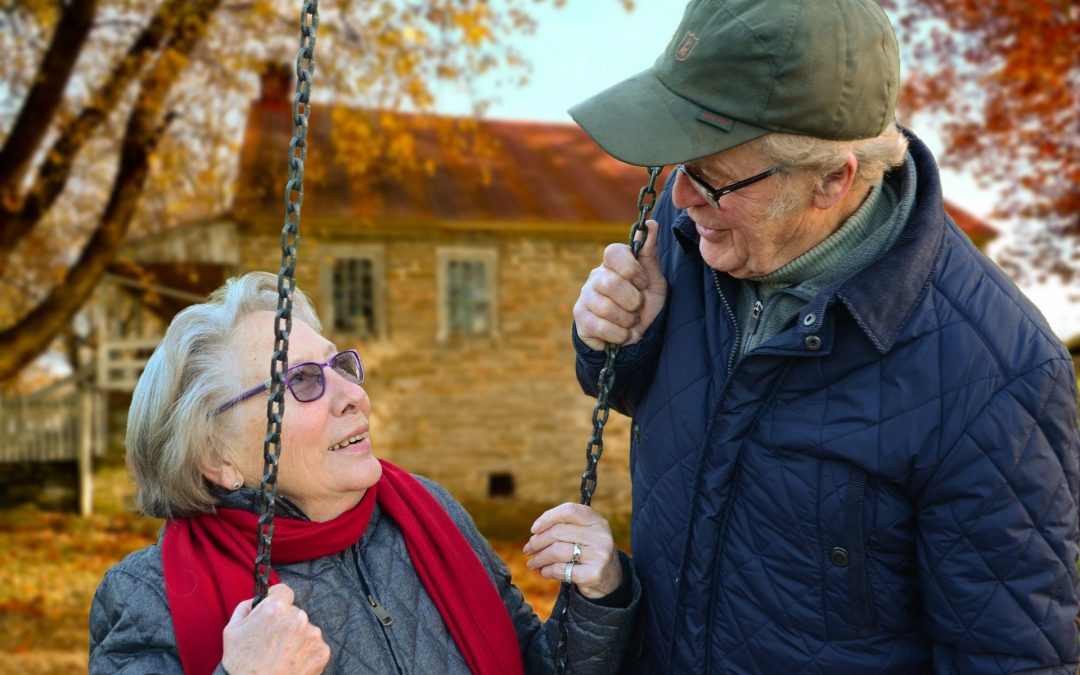Estate planning is a crucial yet underrated aspect of everybody’s lives. Many people think that they do not need a will or a trust as they assume their spouse would automatically inherit their individual property and assets upon their death.
Nonetheless, this type of assumption could not be more wrong. Indeed, Florida law entitles a surviving spouse’s rights in some of the decedent’s property, but there are other factors to consider such as intestacy, probate, claims from third-party (e.g., creditors), etc.
In this article, you will discover practical ways to protect the inheritance of a surviving spouse upon death.
Safeguarding the Rights of Surviving Spouse in Florida
Last Will and Testament
The first way to safeguard the rights of a surviving spouse is to structure a last will and testament.
When preparing the last will, the writer must be sure to reflect all his/her wishes upon death, which includes appointing the beneficiaries/heirs of the testament and providing how his/her property and assets should be divided among them.
In Florida, when someone dies without a will, the decedent’s family may be exposed to intestacy, which is the legal condition of the estate of someone who died without a will.
Consequently, all the decedent’s property and assets need to be distributed as provided by Florida intestacy law, meaning the estate may not be distributed as the decedent’s wishes.
In this sense, it is crucial to prepare a last will to safeguard a surviving spouse from all the stress associated with intestacy.
Tenancy by the Entirety
Nonetheless, even if there is a last will in place when a married individual dies, the surviving spouse may be still exposed to probate.
Probate is a legal process in which the court reviews the decedent’s will to determine its validity and authenticity, also gathering all the decedent’s assets, paying off any existing debts, and distributing the remaining assets to the beneficiaries.
Commonly, probate is a time-consuming and stressful process. Plus, depending on the size of the decedent’s estate, probate can be expensive as well.
As jointly owned assets are not subject to probate, it is possible to safeguard a surviving spouse against probate by owning property through tenancy by the entirety.
Also referred to as “jointly owned marital property”, tenancy by the entirety is a form of shared ownership that is available exclusively to married couples.
Under ownership through tenancy by the entirety, two married individuals have the entire ownership of a shared property, instead of owning just a share of it. Hence, it automatically grants rights of survivorship to the surviving spouse in case one of them dies.
In such a case, the surviving spouse will inherit the sole ownership of the property. The best thing about this form of shared ownership is that it applies not only to real estate, but also to other tangible and intangible assets (e.g., joint bank accounts).
Jointly-Owned Homestead Property
In situations where a married couple jointly owns a homestead property, the property will automatically pass to the surviving spouse if one of them dies.
Besides, Florida law grants a surviving spouse at minimum a life estate in a homestead property titled only in the name of the spouse that passed away. This way, a surviving spouse has the right to live in the homestead property for the rest of his/her life.
Elective Share
Surviving spouses in Florida are protected by elective share law, which provides that a surviving spouse who has been disinherited or left only a minimal portion of the decedent’s estate has the right to an elective share.
Hence, a surviving spouse has the option to take an elective share of 30% of the decedent’s property titled in his/her name. Yet, making the election and calculating the elective share can be a complex and time-consuming process, as the surviving spouse will need to deal with court proceedings.
Marital Trust
In Florida, married couples can utilize marital trusts for the benefit of a surviving spouse. Also, many people choose to set up marital trusts to seize advantages associated with unlimited marital deduction and to avoid estate taxes upon the time of the death of one of the spouses.
In such a case, the surviving spouse must be the exclusive beneficiary of the trust throughout his/her lifetime. Upon the death of the surviving spouse, the trust can pass to a designated beneficiary, including children, grandchildren, etc.
We Can Help You to Protect Surviving Spouse Inheritance in Florida
Attorney Romy B. Jurado Esq., have a team of expert attorneys that will assess your case and determine the best strategy to protect surviving spouse inheritance.
Waste no time. Call Attorney Romy B. Jurado today at (305) 921-0976 or send an email to [email protected] to schedule a consultation.





